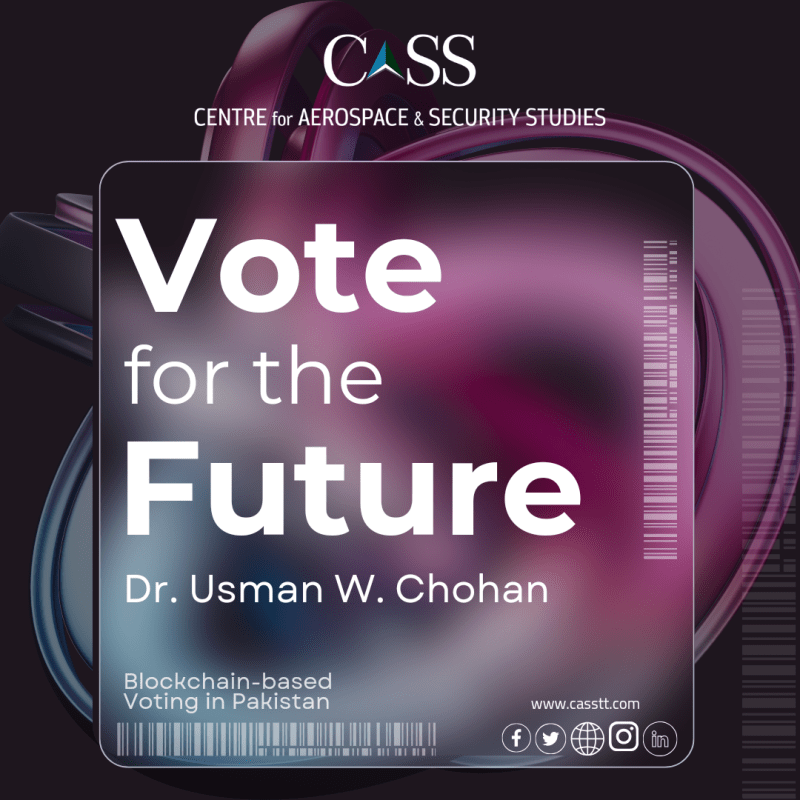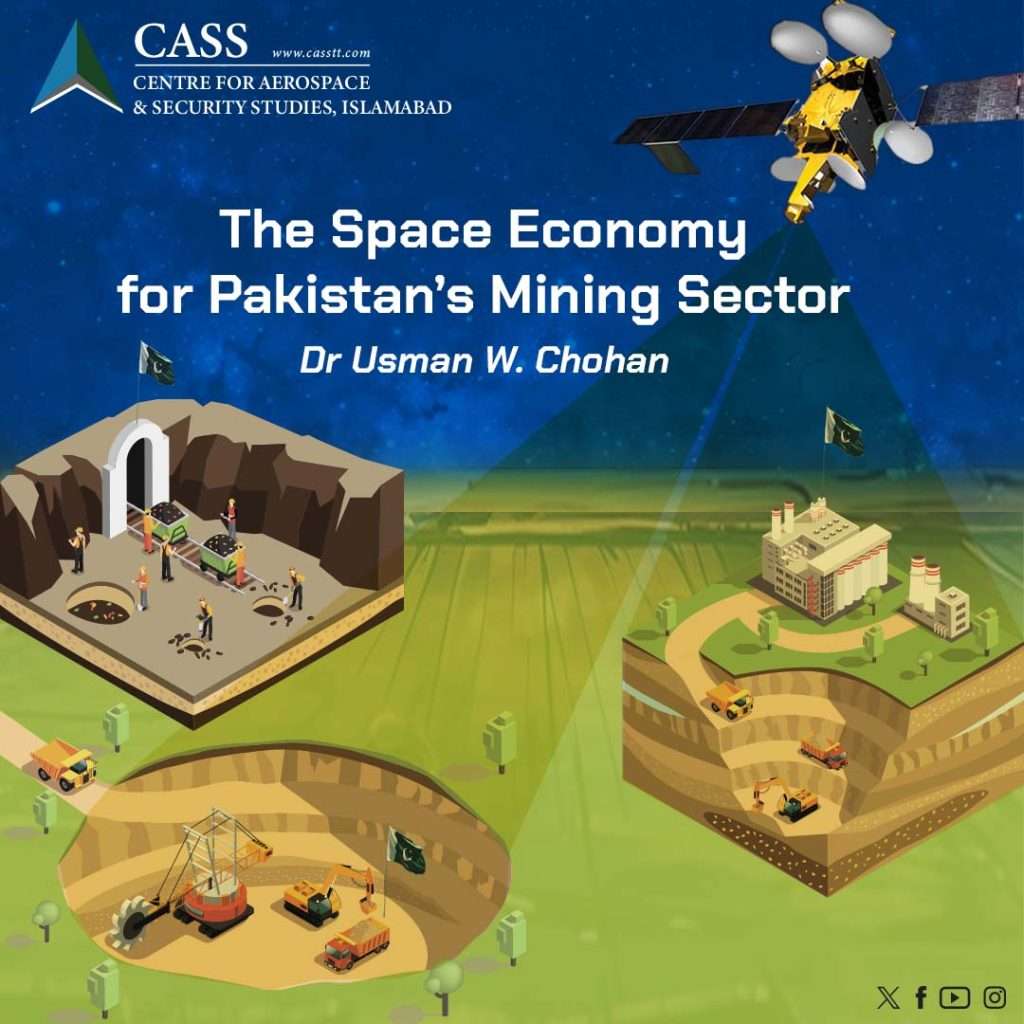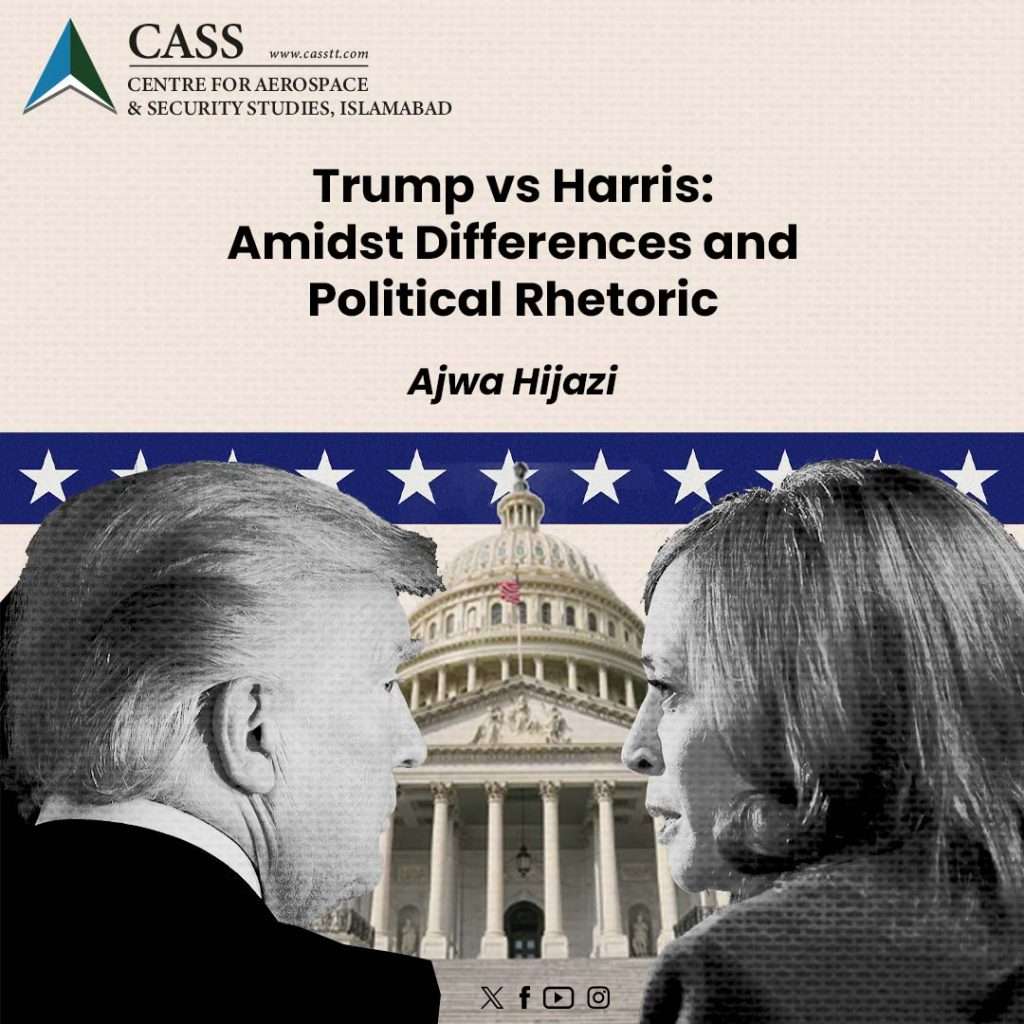The 2024 election in Pakistan deserves praise for three reasons: the spirited participation of the people, including women and young voters; the largely secure environment in which voters gathered; and the confirmation of the people’s commitment to a democratic process. What is also worth noting, however, is the technologically primitive nature of the electoral process, as if we were voting in 1924 rather than in 2024. There are several ways to measure the scope of antiquation:
- Cost: the total estimated cost of the election, premised on the Election Commission’s budget, cost overruns, and external help, should be close to Rs. 50 billion.
- Environmental: Swathes of paper printouts have been used, amounting to a carbon impact of cutting at least 300,000 trees, and Pakistan is already one of the most deforested countries in Asia.
- Logistical: More than 90,000 physical polling stations have been setup that have been extremely long treks for some, and have required physical coordination from voters attempting to reach stations, not to mention the organizers’ coordination requirements.
- Transparency: Plastic ballot boxes have been used which are far more susceptible to being lost, stolen, requisitioned, or damaged through physical handling.
- Security: vast deployments of troops, policemen, and deputed workers, where nearly 600,000 armed forces personnel have been deployed under the auspices of security.
The process is highly outmoded and inefficient from the perspective of digital-age service delivery, and it does not cohere with a highly young, contemporary electorate. In the 2024 election, an estimated 24 million eligible voters are between the ages of 18 and 25, while 33 million are between 26 and 35. The environmental footprint, vast fiscal outlays and costs, accessibility issues, room for optimizing transparency, and burdensome procedures all warrant something more avant garde. In that regard, I posit the strong case for blockchain-based voting in Pakistan.
Setting up a blockchain-based voting architecture is quite easy, and has two facets: a front-end and a back-end. From the voter’s front-end standpoint, it would require downloading an app, entering one’s CNIC and some personal details ex ante, confirming the vote (with a live picture, text message, one-time password, or QR-code), and presto. On the back-end, a blockchain-based architecture would use a decentralized distributed ledger to add voting data results onto subsequent blocks across an immutable digital chain, protected through verification across the nodes of the network. This is the fundamental structure of blockchains, as blocks of data meshed across an unwavering chain of decentralized data attestation and retention. Some of the merits of such technology in election processes, not just in Pakistan but around the world, would include:
- Combat voter fraud: once the data is input from the voters, it is distributed across the blockchain network so that it cannot be tampered with ex-post. This means that any extra-democratic impulses will be much more easily kept in check.
- Boost turnout: It will be far more convenient for someone to open the app and click instead of arriving at 7.30am in front of a polling booth 40km away from their residence to stand in line and queue for hours. This is not to doubt the passion and zeal of the Pakistani people, whether man or woman, young or old, for their democratic rights. It’s simply a matter of making their lives easier.
- Maintain transparency in elections: Blockchain assures a far greater ex-post transparency in the electoral process, boosting public confidence in the results.
- Reduce costs: The cost of building such a system would be less than half a billion rupees, in a back-of-the-envelope calculation, which would be 100 times less than the budget of the Election Commission. Building blockchain systems certainly won’t cost 49 billion Rupees! Running such a system will cost even less.
- Faster and more accurate voting: Although the 2024 election has garnered much praise, as mentioned before, few have expressed satisfaction about the timeliness of the election procedure from voting till final result. Since the delays in the election have been a notable shortcoming, digital voting via blockchain is strongly poised to address this issue. Furthermore, things such as “late polling station openings” or similar problems are no longer a concern with modern methods.
- Ensure every vote is counted (once): In the 1927 Liberian election, the winner Charles King managed to win an incredible 230,000 votes, even though Liberia only had 15,000 voters. Sadly, his opponent only managed 9,000 votes. It is important that every voter is counted, but only once, and blockchain design is much more robust in that regard.
- Literacy & access: given the persistent illiteracy of the country, symbols can be used in the app in the same way that paper voting goes. The app is also much easier to extend multilingually.
- Women participation: the 2024 election has evidenced the strong yearning of the daughters of the nation to have a stake in their motherland. But there is still a 7 percentage point spread (which was 11% in 2018) between male and female voters, despite a larger female eligible-voter base. Having the online blockchain-based option will likely eliminate the disparity altogether by clearing the logistical (and even sociocultural) barriers.
- Overseas Pakistanis: it is a terrible error that Pakistan has made by not having enfranchised its overseas nationals, the way that many other countries do. The Pakistani diaspora is the single greatest force to transform Pakistan’s economy and society for the better, with their intellectual capital, network capital, financial capital, and their patriotism. There is a supreme disconnect between the desire to allure overseas Pakistanis to invest in Pakistan and at the same time leave them bereft of the democratic franchise. This can be addressed easily with digital blockchain-based solutions using their NICOP as identifier.
- Real-time monitoring: the ability to get verified results moment by moment as voting continues will be greatly accelerated, giving the public a clear and immediate picture of voter turnout and voting results.
Now, one is likely to hear at least a few well-worn harangues. The first is that”not every person has a phone,” the second is that some form of “digital hacking or tampering” is possible, and the third is that “mobile connectivity was disrupted on election day.” On the first point of phone access, Pakistan has at least 191 million active phone connections, out of which more than 60% are app-friendly smartphones. This means that there is a significant crossover between eligible voters and phone access. But even for the non-smartphone user base, a simple text-based or voice-based option is also possible in lieu of a smartphone app. In areas where even network access is limited, polling booths can still exist with representative agents who still have the data input onto a blockchain system. In that manner, a hybrid system can persist until smartphone penetration exceeds the size of the nation’s adult franchise.
On the second point of digital hacking, it is important to note that blockchains are considerably more secure and much more difficult to tamper with after the vote. This is because you can bring down one node on the network, but you can’t bring them all down. This is the power of blockchain technology. The problem of placing wrong inputs is not even a major risk in the primitive system we currently have, or more specifically: the problem is not at the Form-45 stage, but might be at the Form-47 stage; which is to say, data entry has been generally reliable, but once the data is stored overnight, some very wild swings might occur in the next-day counting.
On the third point of disruption to the mobile network during election day, it is important to note that the need for protecting polling stations will not be necessary when people will be voting from their homes, rather than congregating in public places for democratic exercise. I must insist, however, that I did not personally experience any mobile disruptions and was able to continue work in an entirely normal fashion, and in the era of blockchain voting, the comfort of home will be the norm in any case.
Given these merits, before I vote for some legislator, I am compelled to first cast my vote in favor of the blockchain.
Dr. Usman W. Chohan is Advisor (Economic Affairs and National Development) at the Centre for Aerospace & Security Studies, Islamabad, Pakistan. He can be reached at cass.thinkers@casstt.com.





